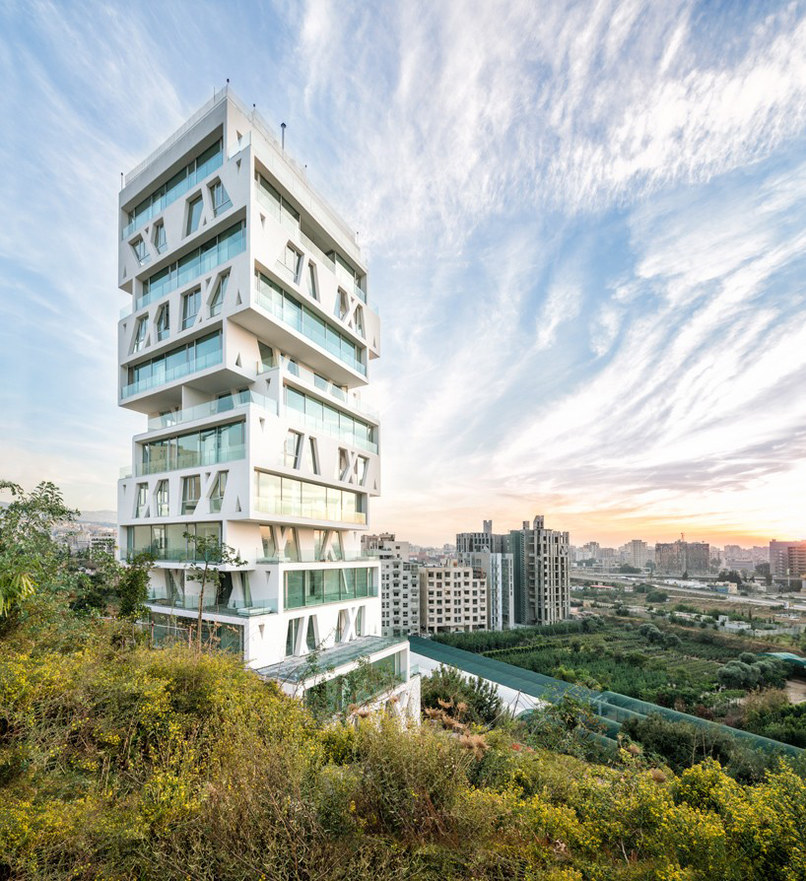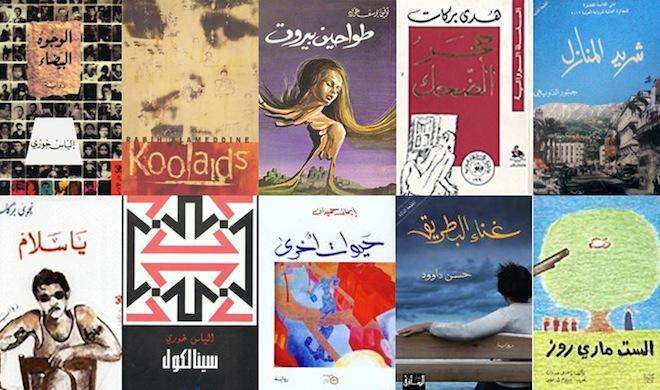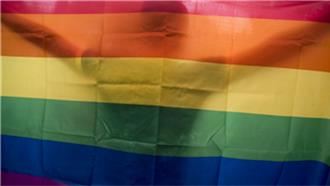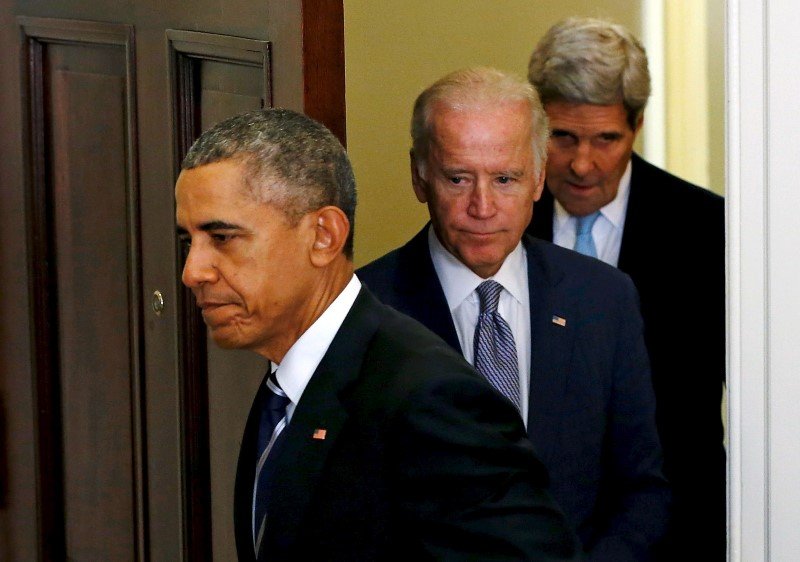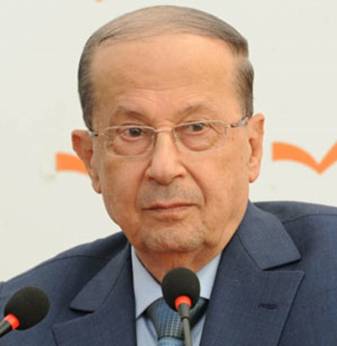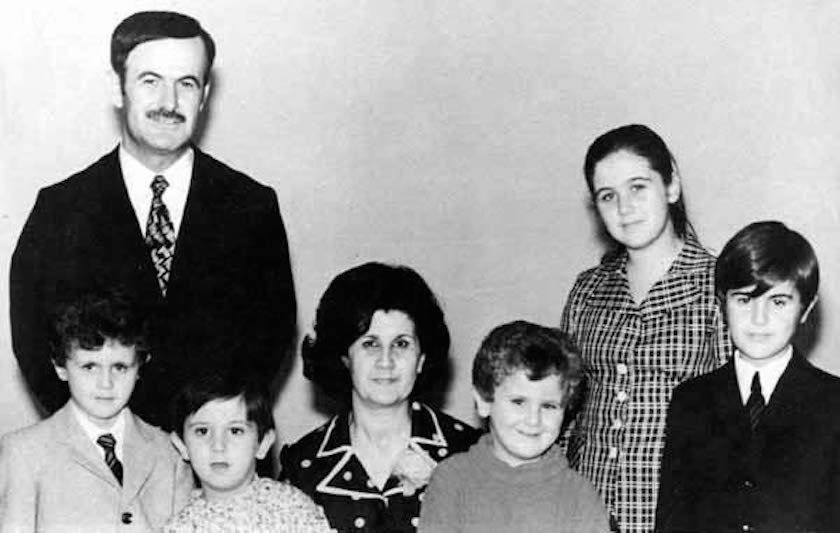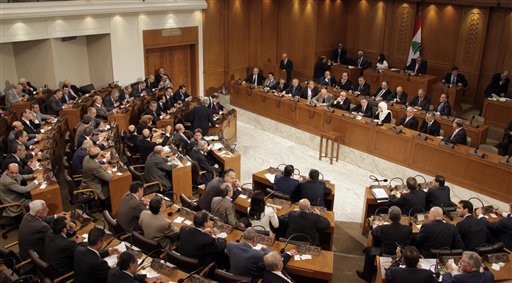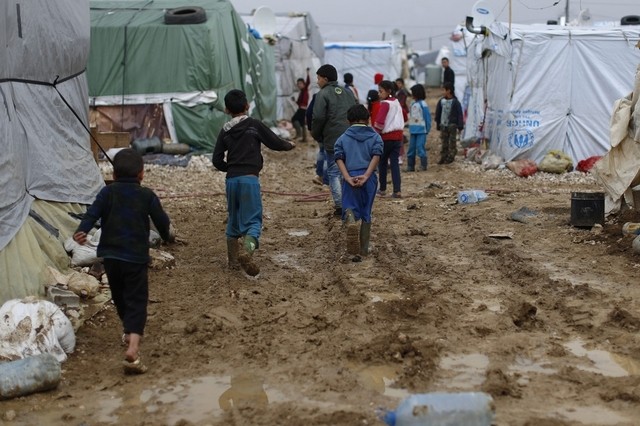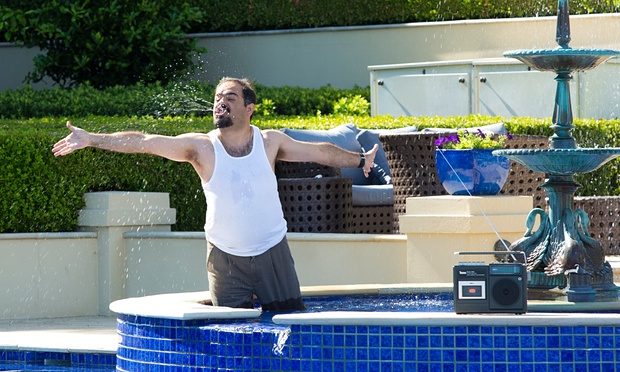
Lebanese TV channel OTV Lebanon expresses its dismay at the airing of Channel Nine’s sitcom Here Come the Habibs, saying: ‘Despite the achievements of the Lebanese at home and abroad, the west only sees our country as an uncivilised land of wars.’ People stopped on the street in Lebanon express varying degrees of disgust with the Australian comedy show, which follows a Lebanese family that moves from Sydney’s western suburbs to Vaucluse. One Lebanese man says: ‘Unfortunately, if a civilisation like Australia is showing the Lebanese in this way, it is the end of civilisation as we know it’
Info about the show
They mangle the Arabic and say “falafel” like an Aussie. Nobody, his mother included, can pronounce “Elias”. And what kind of name is Fou Fou?
The Habibs are Lebanese like Crocodile Dundee is Australian, but they aren’t offensive. With Channel Nine’s Here Come the Habibs, which premiered last night, the worst fears of petitioners have not come to pass.
The family at the heart of the series, whose lottery win catapults them from western Sydney into its east, is warmly drawn, pretty funny – if exaggerated – and written to be the good guys.
The first original comedy commissioned by Nine in over a decade, Here Come the Habibs was devised by the veteran comics behind Fat Pizza and Housos, but written by what co-creator Tahir Bilgic called a “vanilla milkshake writing team”.
It shows. The gags are strongest when tackling what the writers know: the white Australian fear (and fixation) with immigrant Lebanese culture; resentment at Sydney’s glittering harbourside suburbs; the anguish many feel trying to address race without mentioning the war (in this case, the Cronulla riots). Albeit well-meaning, it’s inescapably a show about race from a white perspective.
